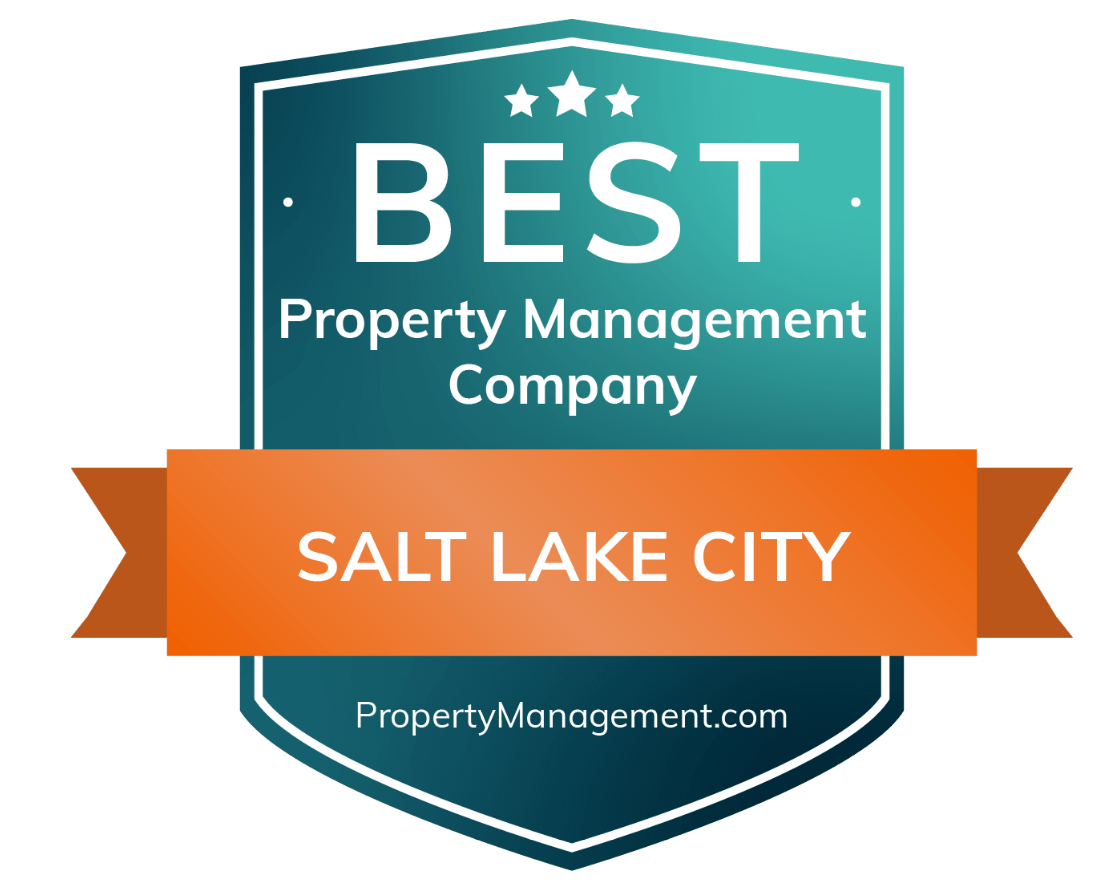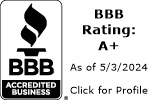Frequently Asked Questions for HOA Board Members
Being on an HOA board comes with responsibilities and challenges. Below are answers to the most common questions board members ask about managing their community effectively.
General Board Responsibilities
-
What are the responsibilities of the Board of Directors?
The members of the Board of Directors and each officer of the Association have a fiduciary relationship with the members of the Association. This fiduciary relationship imposes obligations of trust and confidence in favor of the corporation and its members. It requires the members of the board to act in good faith and in the best interests of the members of the Association, exercise due care and diligence, and act within the scope of their authority. The board is responsible for the Association's maintenance, administration, and financial well-being. Serving as a board member is a valuable and rewarding experience that should be undertaken by those who seek an opportunity to serve their neighbors while protecting and enhancing the community's assets. -
What are the primary duties of an HOA board member?
Board members oversee financial management, enforce CC&Rs, approve budgets, manage vendors, and make decisions that impact the community. -
How much time does serving on the board require?
It varies by community, but most board members spend a few hours per month attending meetings, reviewing documents, and handling homeowner concerns.
Meetings & Board Terms
-
When are meetings held?
Board meetings are typically held quarterly, semi-annually, or annually, depending on the size and needs of the association. Meetings typically last 45-90 minutes. -
How long are the Board terms?
Member terms vary between associations, but typically, 1-3 years is most common. -
How often should the HOA board meet?
Most HOAs meet monthly or quarterly and some even just twice per year. The governing documents will specify the minimum meeting frequency. -
What is the proper way to run an HOA board meeting?
Use Robert’s Rules of Order, follow an agenda, allow homeowner input, and ensure proper documentation of decisions.
Financial Management & Budgeting
-
How do we ensure financial transparency for our HOA?
Maxfield provides clear financial reporting and budget planning to ensure full transparency. -
What is a reserve fund, and why is it important?
A reserve fund is money set aside for long-term repairs and replacements. It prevents the need for special assessments and ensures the community remains financially stable.
Rule Enforcement & Compliance
-
How should the board handle homeowners who violate the HOA’s rules?
Consistent enforcement is key. Issue written notices, offer dispute resolution, and escalate to legal action if necessary. -
Can the board change the HOA’s rules?
Yes, but it depends on the governing documents. Most rule changes require board approval, while CC&R amendments may need a homeowner vote.
Legal & Compliance Issues
-
What legal responsibilities do HOA board members have?
Boards must follow state and federal laws, enforce governing documents fairly, and act in the community’s best interests. In addition to the Association’s own documents, the Utah Community Association Act, found in Title 57, Chapter 8a of the Utah Code, Utah Condominium Ownership Act (Title 57, Chapter 8): Governs condominium associations that opt into it by recording a declaration. If your HOA involves condos not under this act, Chapter 8a applies instead. In addition the Utah Revised Nonprofit Corporation Act (Title 16, Chapter 6a): Applies to HOAs incorporated as nonprofit entities, covering corporate structure and procedures (e.g., dissolution, board elections, etc). HOA Associations must also comply with Federal Fair Housing Laws as well as the Utah Fair Housing Act (Title 57, Chapter 21) which ensures nondiscrimination in housing, applicable to HOA rules and enforcement. -
Can board members be held personally liable for decisions?
Generally, no—if they act in good faith. Having Directors & Officers (D&O) insurance further protects board members from liability.
Homeowner Communication & Disputes
-
How should the board handle homeowner complaints?
Respond professionally, document concerns, follow dispute resolution procedures, and escalate only when necessary. -
What’s the best way to communicate with homeowners?
Utilize email newsletters, community portals, and open meetings to ensure transparency and engagement.
Hiring & Working with a Management Company
-
When should an HOA consider hiring a management company?
If board members struggle with financials, enforcement, or vendor coordination, hiring a professional company like Maxfield can reduce workload and improve operations and help board members love where they live. -
What services does an HOA management company provide?
Services include financial management, rule enforcement, vendor coordination, meeting facilitation, and homeowner communication.











